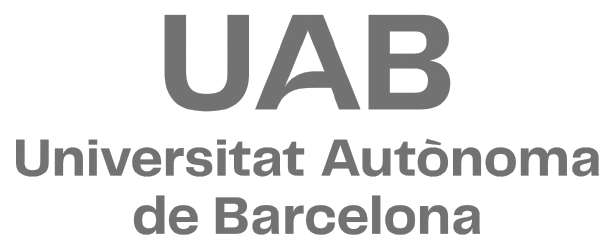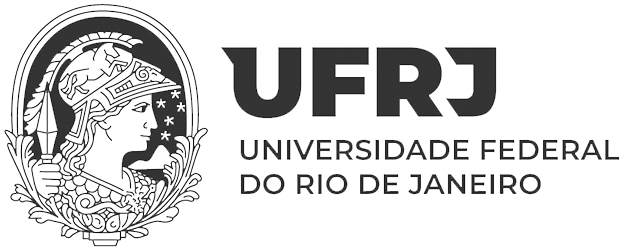Inhibition, which is part of executive control along with cognitive flexibility and working memory, regulates impulses and automatic behavior. In psychology, it is known as inhibitory control, and as part of the executive functions, inhibition plays a fundamental role in regulating automatic responses.

What is inhibitory control or inhibition in psychology?
In psychology, when talking about inhibitory control, we are referring to the capacity to regulate impulses and control automatic responses within a certain context. It is essential to adapt to changing situations, to hold attention and to make the right decisions. There are different types of inhibition:- Behavioral inhibition: this refers to stopping impulsive behavior.
- Cognitive inhibition: this is to suppress irrelevant thoughts and distractions that interfere with the task at hand.
- Motor inhibition: this slows down automatic movements whenever there is a change to the rules.
Inhibitory Control and ADHD
Inhibitory Control and ADHD (Attention deficit hyperactivity disorder) are closely related. With ADHD, the difficulty to inhibit impulsive responses and control behavior can lead to errors of commission, meaning, an impulsive response without considering whether it is appropriate or not. It is also linked to difficulties in cognitive inhibition, which makes it hard to ignore distractions and keep concentration. This affects academic performance, organizing tasks, and social interactions. Neuropsychological studies have analyzed inhibitory control in ADHD, showing how difficulties in suppressing impulsive responses can affect behavior. These difficulties are characteristic of ADHD, which differentiates it from other disorders with similar symptoms.Examples of inhibitory control
Some examples of inhibitory control in daily situations where self-control and self-regulation are required, include:- Waiting your turn to speak without interrupting.
- Resisting the temptation to eat something you should not.
- To not act impulsively when provoked.
- To ignore distractions while studying or working.
- To not touch an object you should not when in public.
How to measure or assess inhibitory control?
Inhibitory control is measured through neuropsychological tests that assess the ability to suppress automatic responses and control impulses. Nesplora Aula, our virtual reality test, assesses inhibitory control within an immersive environment that mimics a real school classroom, offering greater ecological validity. It analyzes total commissions (impulsive errors), providing accurate data on behavioral and cognitive inhibition. The report compares performance with a normative sample and shows how distractors can affect inhibition, helping to differentiate attention issues from difficulties with inhibitory control of behavior.Games and activities to work on inhibitory control
When it comes to inhibitory control activities, the following are the most common:- Simon Says: this suppresses automatic responses if “Simon says” is not said.
- Freeze Dance: you have to immediately freeze when the music is paused.
- Memory games: ignore distractions while remembering a sequence.
- Riddles with false clues: cognitive inhibition by ignoring irrelevant information.
- Board games: wait your turn without interrupting the game.
You might also find this interesting…

Neuropsychological Assessment with Virtual Reality: Ecological Validity, Less Evaluator Bias











